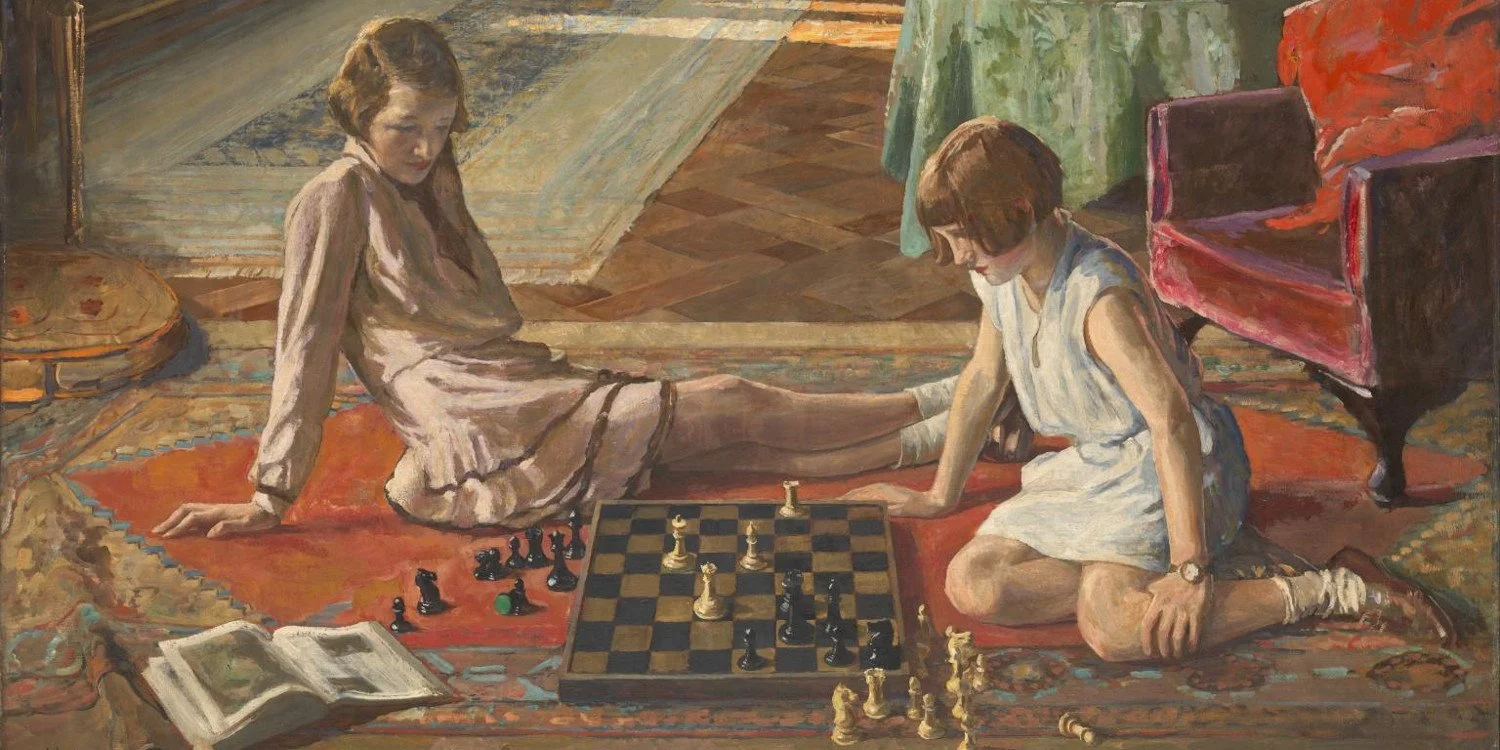Reading Group
The Philosophy of Alasdair MacIntyre
Weekdays | 12.30-3.30 | Elm Library
Alasdair MacIntyre is widely viewed as a leading figure in the emergence of virtue ethics as a major school of ethical thought in the final decades of the twentieth century. But while MacIntyre’s After Virtue undoubtedly played a major role in the revival of interest in virtue among moral philosophers, to think of MacIntyre as a virtue ethicist underestimates the importance and radicalism of his philosophical project.
In this reading group we will engage with some of MacIntyre’s less well known writings to develop a fuller sense of his critique of both contemporary philosophy and contemporary politics, before turning to the culminating work in the sequence of books begun with After Virtue, Ethics in the Conflicts of Modernity.
This reading group is open to students in any discipline. Space is limited; to sign up or for more information please contact Peter Wicks.
Schedule
M June 3 | After Virtue [N.b. On 6/3 we will meet from 9.30-12.00 and then again from 2.00-4.30]
T June 4 | “Practical Rationalities as Forms of Social Structure,” “Plain Persons and Moral Philosophy,” “Social Structures and Their Threat to Moral Agency,” “The Recovery of Moral Agency”
W June 5 | “The Essential Contestability of Some Social Concepts,” “Rationality and the Explanation for Action,” “Is a Science of Comparative Politics Possible?”
Th June 6 | “Does Applied Ethics Rest on a Mistake?” “Are Philosophical Problems Insoluble?”
M June 10 | “Two Kinds of Political Reasoning,” “Practical Rationality and Irrationality and Their Social Settings,” “Happiness”
T June 11 | “The Very Idea of a University” “Philosophical Education Against Contemporary Culture”
W June 12 | Ethics in the Conflicts of Modernity, chapters 1-2
Th June 13 | Ethics in the Conflicts of Modernity, chapters 3-5
On an Aristotelian view, the questions posed by the moral philosopher and the questions posed by the plain person are to an important degree inseparable.
Alasdair MacIntyre, “Plain Persons and Moral Philosophy”
Rembrandt van Rijn, Aristotle Contemplating a Bust of Homer (1653)


